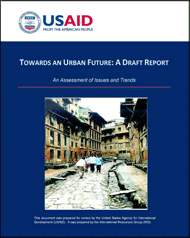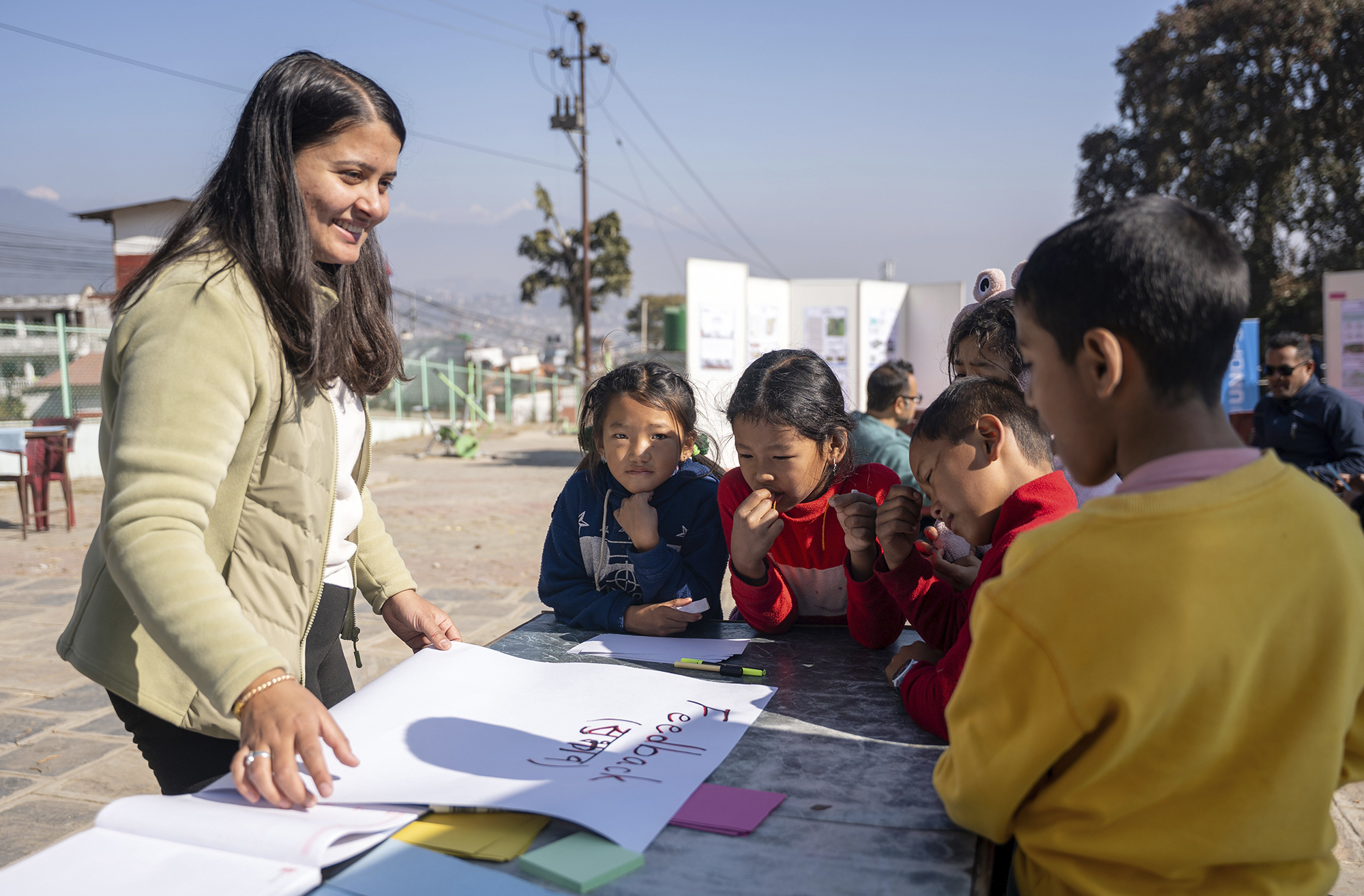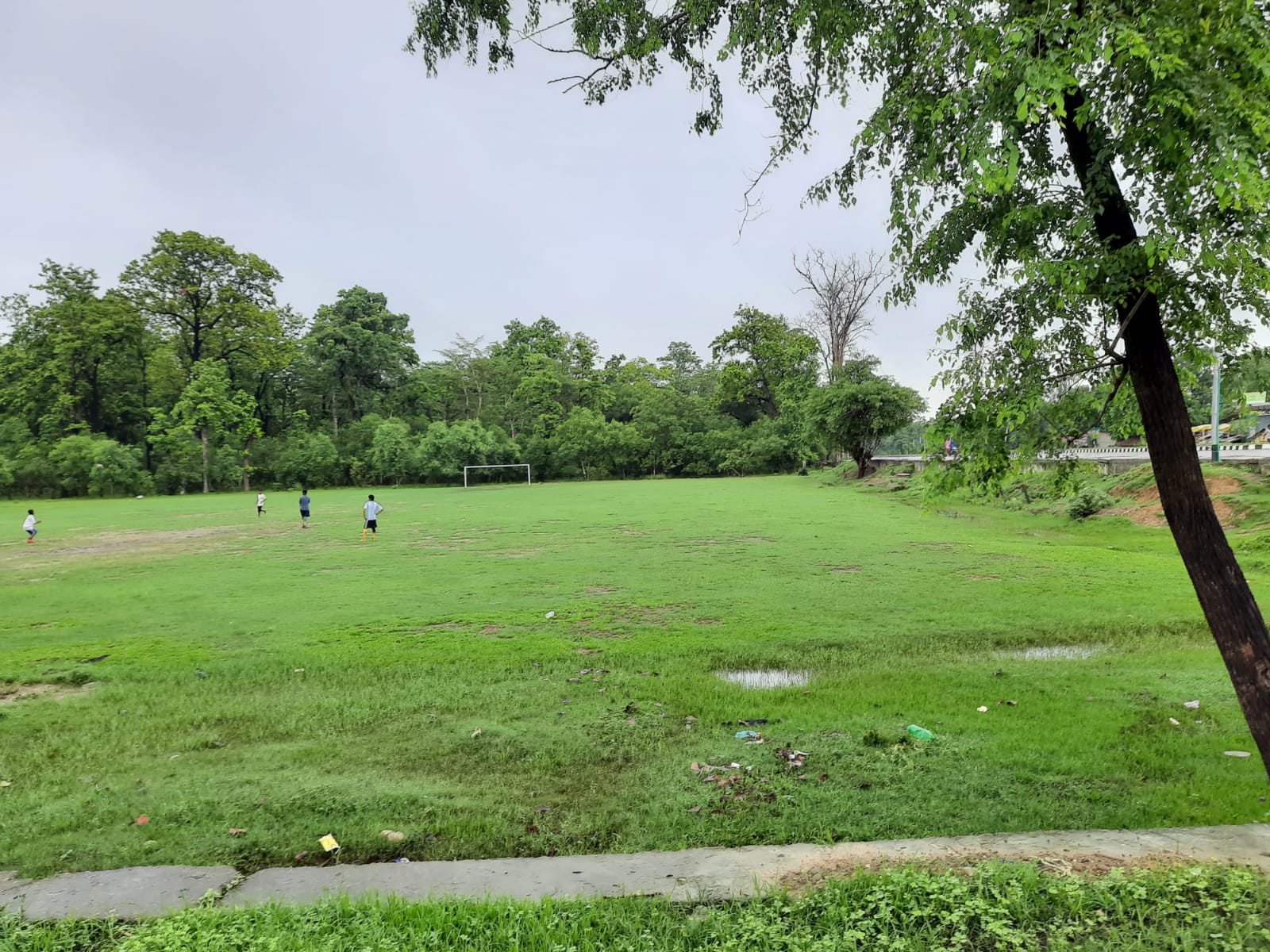
As part of that effort, the International Resources Group (IRG) has developed a draft report to help the Urban Programs team focus its technical direction and leadership.
The report takes, as a starting point, the fact that over half of the world’s population now lives in urban areas for the first time in history and that, due to economic and social globalisation and rapid economic growth in the developing world, the engines of economic development in most of the world’s countries will be its towns and cities.
It notes that the challenge facing USAID, and other donors, is to make effective use of the urban landscape and its relative concentration of human and financial resources and infrastructure to better enable cities to serve as engines of growth for their own citizens as well as rural populations.
The report includes the following recommendations for USAID:
- Linkage to initiatives. Feed the Future, Global Health, Climate Change, and other congressional and executive priorities cannot be properly addressed without understanding the demographic realities of an increasingly urbanised world. The Urban Programs team could provide technical leadership on approaches for working in urban environments and identify cross‐sectoral approaches that develop synergies across the initiatives.
- Expansion of opportunities to collaborate with, support, and complement the programmes of other donors providing assistance in the design and implementation of national decentralisation programs and programs to strengthen local government capacity and expand municipal finance options. International organisations such as Cities Alliance, UN-HABITAT, the World Bank, and the regional development banks (IADB, ADB, AfDB, etc.) have told the assessment team that they would welcome deeper U.S. collaboration in this sector. At the country level, other bilateral donors are working in local government strengthening but their resources are limited and collaboration with USAID could achieve greater results.
- Support for capacity building for national/local governments; private sector; NGOs and community‐based organisations to connect resilient urban infrastructure development to improved livelihood opportunities; access to credit for sanitation and household connections to city water supply and sanitation systems; improved, energy efficient building design and construction; resilient building technologies; and transparent urban service project design, management and implementation.
- Innovative urban services and “green” building initiatives. Innovative urban development includes green infrastructure approaches and building initiatives to reduce the carbon footprint of urban growth and construction. Areas that could be addressed include energy efficiency, renewable energy options, transport options including bike lanes and mass transit, recycling water and waste water, renewable energy sources including solar energy, and green building design.
- Development, maintenance, and analysis of a city information base to understand what needs to be done and to serve as the basis for inclusive urban infrastructure planning, and future rational urban growth. This information base should be used through a geographic information system (GIS) to provide important information on vulnerable populations and available land for development in safer areas of a city, or indicate what site protection measures are required to build services. This database would also provide a disaster and climate change impact history, information on the most vulnerable areas in the city, and identify escape routes, secure safe havens, schools, historic urban areas, and other sensitive built and natural areas in need of protection.
The report was presented at an event on 16 February 2011, which also featured the launch of the revamped Making Cities Work website, www.makingcitieswork.org.
Download the Executive Summary of Towards an Urban Future: A Draft Report (466 KB




